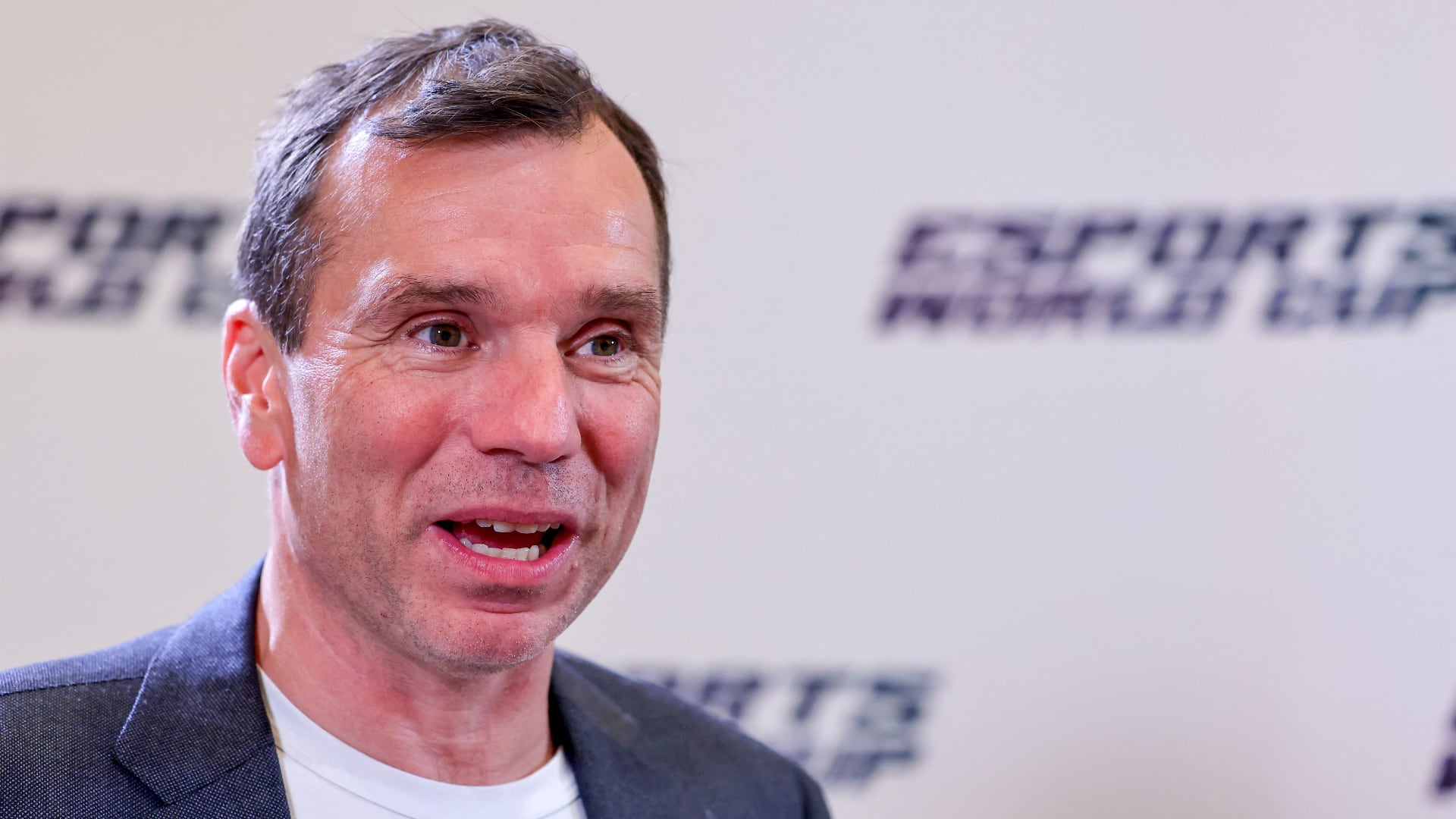It's been a busy first week on the stock market for hydrogen-electric truck-maker Nikola.
Even though it hasn't seen any revenue yet, the stock began to soar this week, at one point reaching $88 a share.
During the trading day Wednesday, the young company surpassed Ford's $28.8 billion market cap. Trevor Milton, founder and executive chairman of Nikola Motor Company ($NKLA) told Cheddar, "The market justifies valuation. It's hard to tell someone what a company's worth, but I do know they're rewarding companies that are willing to completely change and transform the industry."
Thursday, the stock was trading lower.
Milton pointed to competitor Tesla as an example, citing the company's consistent losses in revenue but skyrocketing stock prices. "I think that's why there's so much excitement," Milton said, "We're doing the same things for the second-highest polluter in the world, the semi-truck, that Tesla did for the cars."
Nikola's upcoming electric pickup, the Badger, is also sparking interest. It's the truck Milton hopes will one day dethrone Ford's F-150. "I think it's going to be probably one of the most successful pickup truck launches in history," he said. Preorders for the Badger open on June 29 with the company hoping to see them on the road as soon as the end of next year.
When asked about criticism from the notorious short-seller, Andrew Left, Milton said it's valid to question why he sold his own shares of the company for $10, stating that Left never tried to find out for himself why Milton would have done so. "The unfortunate part about it was that he never reached out to ask us," Milton said.
The Nikola founder went on to explain that when the company was raising money in the private sector, and underwent a reverse-merger, he was asked to sell the shares as he moved into the role of executive chairman












